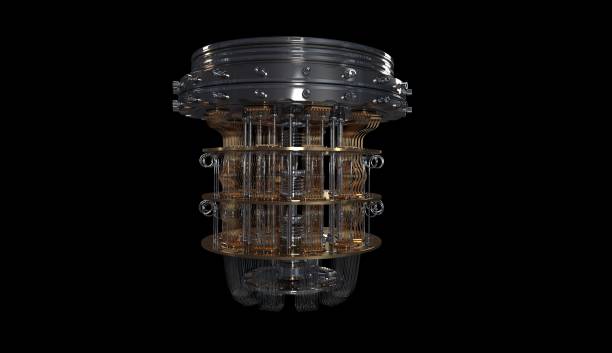Introduction
In the ever-advancing realm of technology, quantum computing stands out as a frontier that promises to revolutionize the way we process information. But what exactly is quantum computing, and how does it differ from classical computing? Let’s embark on a journey into the quantum realm and explore this cutting-edge field.
Breaking Down Quantum Computing
What is Quantum Computing?
Quantum computing is a paradigm that harnesses the principles of quantum mechanics to perform computations. Unlike classical computers, which use bits as the basic unit of information (either 0 or 1), quantum computers use quantum bits or qubits. Qubits can exist in multiple states simultaneously, thanks to a phenomenon called superposition.

Key Concepts in Quantum Computing
- Superposition: Qubits can exist in a combination of both 0 and 1 states simultaneously. This allows quantum computers to process a vast number of possibilities at once.
- Entanglement: Qubits can be entangled, meaning the state of one qubit is directly related to the state of another, regardless of the physical distance between them. Changes to one qubit instantaneously affect the other.
- Quantum Gates: Quantum computations involve quantum gates, which manipulate qubits’ states. These gates allow for complex and parallel processing, making quantum algorithms exponentially powerful.
Quantum Computing in Action: An Easy Example
Let’s imagine a classical computer trying to solve a complex maze. It explores one path at a time, making decisions based on the information it has gathered. Now, picture a quantum computer tackling the same maze. Instead of exploring one path sequentially, it simultaneously explores all possible paths. This simultaneous exploration is akin to the qubits’ superposition, allowing the quantum computer to reach the solution much faster.
In classical computing, if we have to check ‘n’ possibilities, it takes ‘n’ steps. In quantum computing, it can be done in roughly √n steps, a staggering reduction in computation time for certain problems.
The Potential Impact
Quantum computing’s potential applications are vast, ranging from optimizing complex systems and cryptography to simulating molecular structures for drug discovery. While practical, large-scale quantum computers are still in the experimental phase, researchers are making significant strides toward making them more stable and accessible.
Conclusion
In summary, quantum computing is a paradigm shift in computation, leveraging the unique principles of quantum mechanics to process information in ways classical computers can’t. Although we’re still in the early stages of unlocking its full potential, the future implications are profound.
As quantum computing continues to evolve, it’s an exciting time for researchers, developers, and technology enthusiasts alike. Keep an eye on this space, as the quantum revolution unfolds before our eyes.








